Baltic Rim Monitor Articles

The Finnish secret services operation in the Turku Archipelago
Last weekend, the Finnish secret services conducted a series of detainments in the south-western part of the country. Detainments concerned people connected with the Airiston Helmi company which operates in the Turku Archipelago and is dependent on Russia.

Lithuania against the trend on Soviet symbols
Walmart, one of the largest American chain stores, released a collection of T-shirts with Soviet hammer and sickle symbols. One did not have to wait long for the reactions of the Lithuanian society and politicians. It was not the first time that Lithuanians protested against companies that use the hammer and sickle symbol. Is it only about the oversensibility of the Baltic people, who were the victims of both Soviet and Nazi crimes, or the lack of sensibility on the part of entrepreneurs?

Latvia: prison for fake news?
Latvian police arrested a 21-year-old resident of Riga responsible for the establishment of a network of niche websites spreading fake news across Latvia. The case of the young Latvian also proves that spreading fake news does not have to be motivated by a political activity, but sometimes it is a way of making easy money on people’s curiosity.
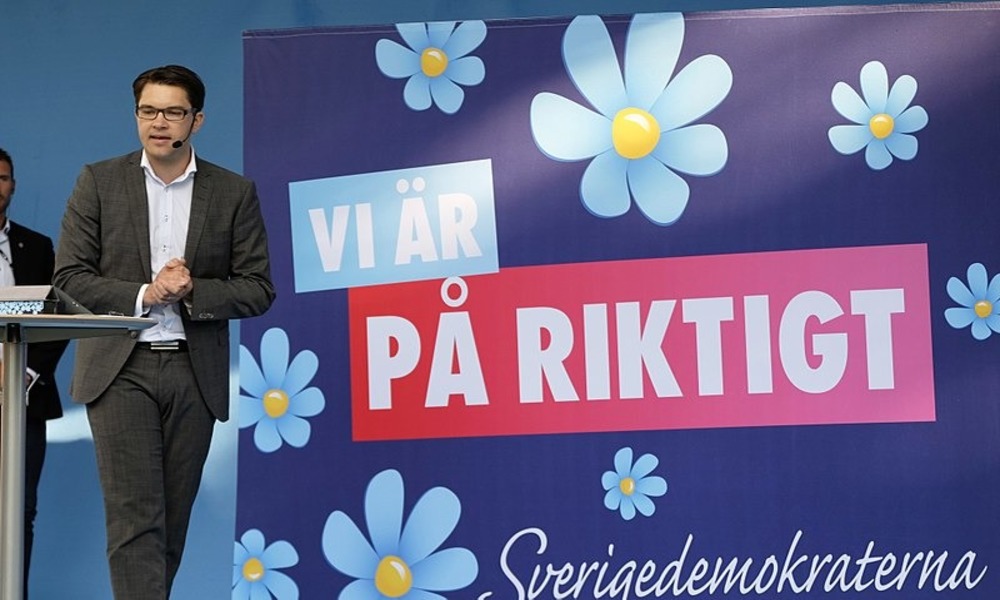
Sweden Democrats on the Offensive
Almost from the beginning of the 20th century, the political scene in Sweden has been dominated by the governance of one political environment – the left wing. However, the forthcoming elections in September may change the current picture of Sweden. Will Sweden undergo a political revolution and the far right take over the power?

Estonian Banks Involved in Money Laundering Scandal
For many years, the Russians have used both Latvian and Estonian banks for money laundering as evidenced by huge scandals that had broken out over the past few years, mainly in Riga. One of Estonia’s banks laundered several billion euros of dirty money.

Yandex Taxi in the Baltic States – Russians Collecting Big Data
A Russian passenger transport service has entered the market of the capital cities of the Baltic states. The Yandex Taxi application works almost in the same way as Uber and Taxify. The difference is that Russian taxies have an additional function: they gather and upload data about their passengers to the Russian servers.

NATO Is to Invest in the Lithuanian Training Area
In July, the NSPA agency and the Lithuanian Ministry of Defence have signed an agreement on the development of the military infrastructure in Lithuania. The implementation of investments will be beneficial to the Lithuanian army, but also to the forces of the alliance.

Russia bets on the youth. How concept of “compatriots” is used?
Lithuania, Latvia and Estonia inherited numerous Russian-speaking minorities from the Soviet Union. Despite appearances, these are not only Russians, but communities from the whole former empire. It is commonly but wrongly believed that these diasporas are politically homogenous (pro-Russian) and therefore used as a tool in the so-called hybrid warfare.
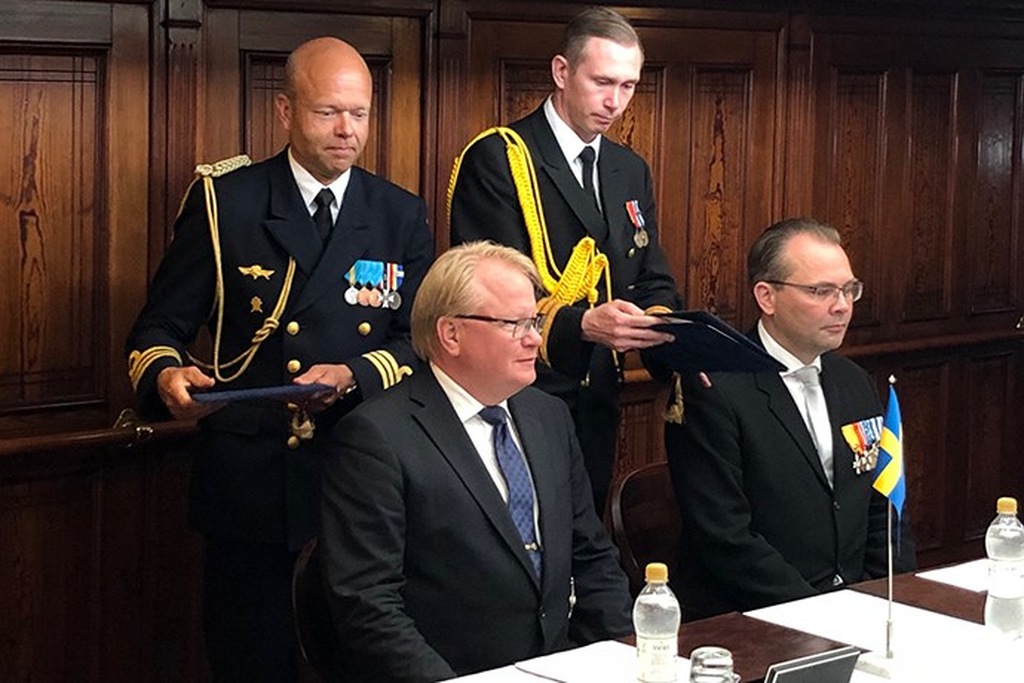
Sweden and Finland – security cooperation
Ministries of Defence of Sweden and Finland have signed an intergovernmental agreement (Memorandum of Understanding – MOU) in Turku. Finland was represented by the Minister of Defence Jussi Niinistö, whereas Sweden by the Minister of Defence Peter Hultqvist. The document which aims to enhance cooperation between the countries does not entail the development of the mutual assistance system.

Fewer Russian broadcasts in the Lithuanian media
The Lithuanian parliament has ratified an amendment to the Law on Provision of Information to the Public. Changes in law are the next stage of preventing the Russian media broadcasts from exerting an influence on the Lithuanian society. The amendment provides for the translation of radio and TV programmes longer than 1.5 hours into the Lithuanian language.
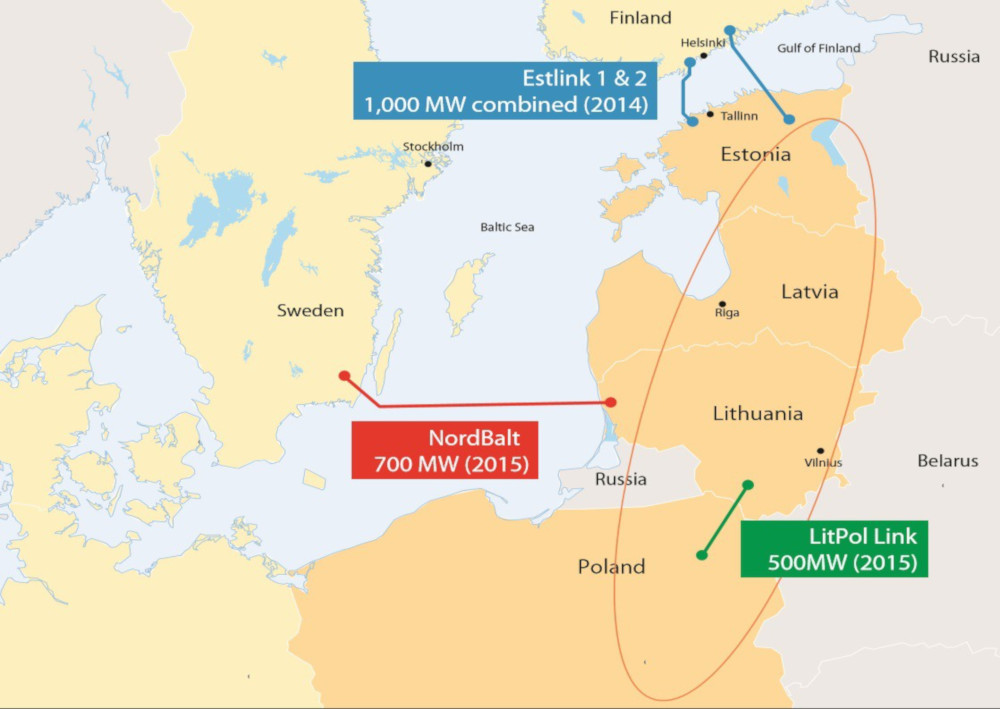
The electrical synchronisation of Baltic states is getting closer
Three Baltic states, Poland and the European Commission signed an agreement in Brussels on the synchronisation of the electrical grid in the region. The long-term programme of connecting the three Baltic states to the continental system has accelerated. The synchronisation should be realised by Poland until 2025.
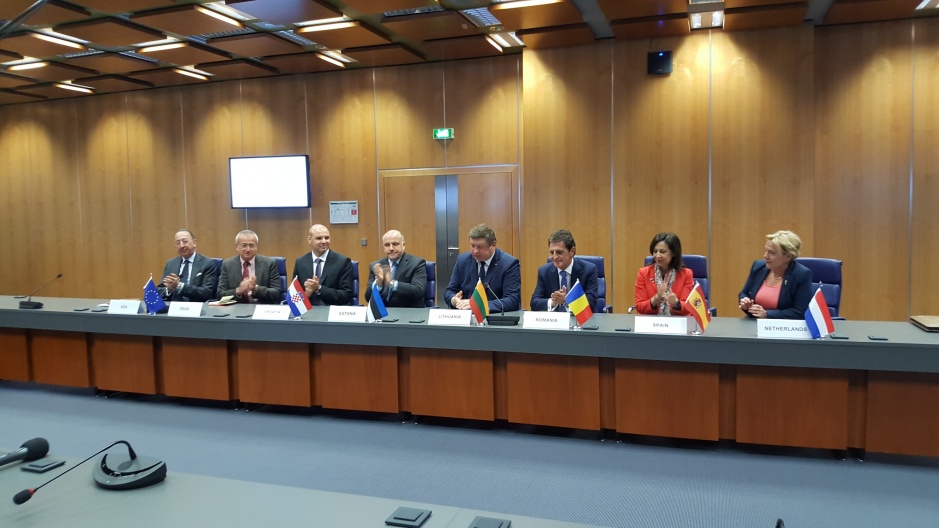
Lithuania to handle the European cyber security
The European Union is to realise 17 projects within the framework of the Permanent Structured Cooperation (PESCO), a mechanism adopted at the end of 2017. Lithuania will be responsible for the project regarding the establishment of Rapid Reaction Teams and mutual assistance in cyber security.

Kaliningrad – a Russian aircraft carrier of the ideological warfare
The Kaliningrad Oblast of the Russian Federation wedges between the European Union and the countries of the western NATO flank. Its geopolitical role has a significant meaning for Russia which takes aggressive actions against the Central and Eastern Europe countries. Rocket systems deployed in the oblast stir the imagination of politicians and citizens of the Baltic-Nordic region. Iskanders, Bastion missiles, air forces – they are not only elements of the anti-system A2/AD doctrine, they are also a part of the invisible war against neighbouring countries, which is directed from Kaliningrad.
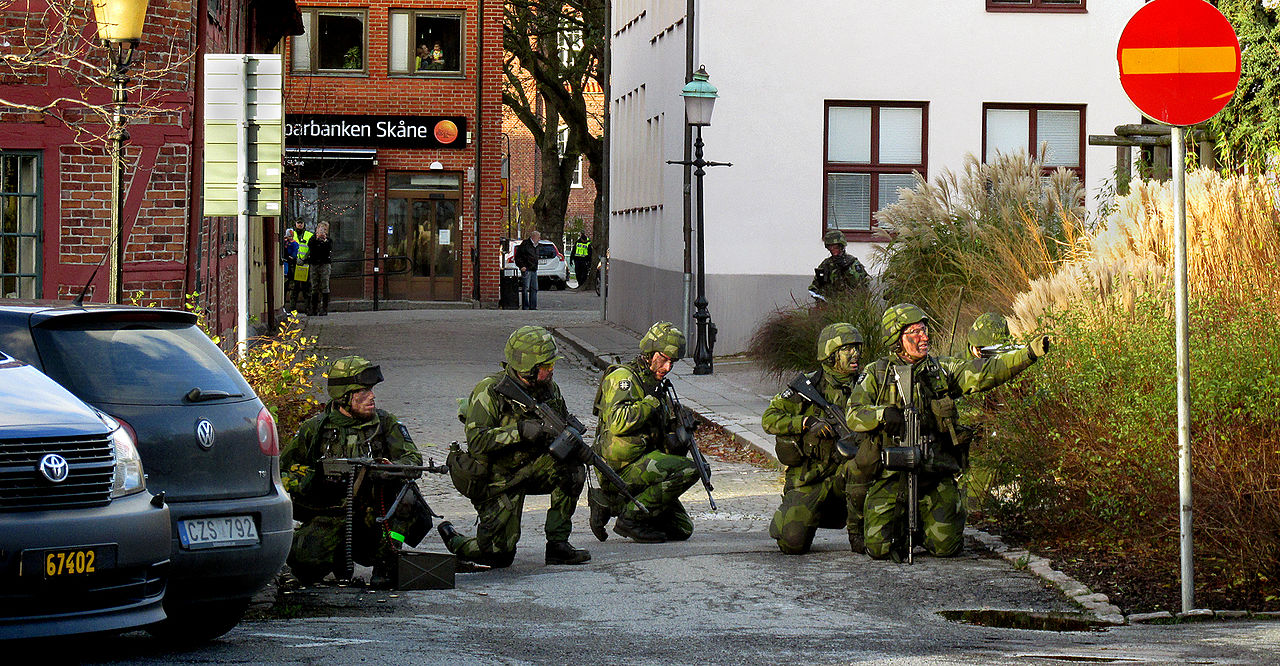
The Swedish “Total Defence”
Not only the army but the whole society should be prepared for the possible conflict – this sentence summarises the Swedish brochure targeted at almost 5 million citizens. After almost sixty years, Swedes for the first time can find out how to behave in case of the threat of war. On several pages of the government’s guide (published in 13 languages) every Swede can find instructions on how to manage in case of food, water or pharmaceuticals shortages, but also how to enter the “Total Defence” system.















